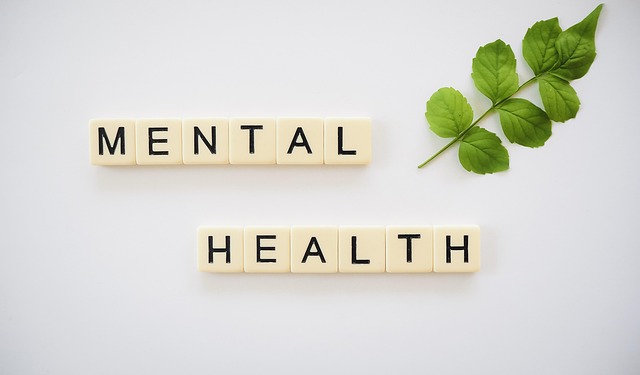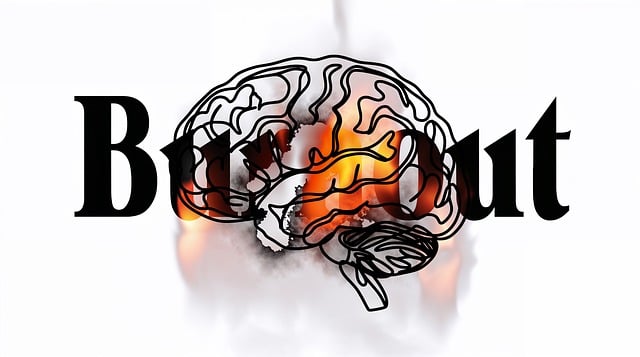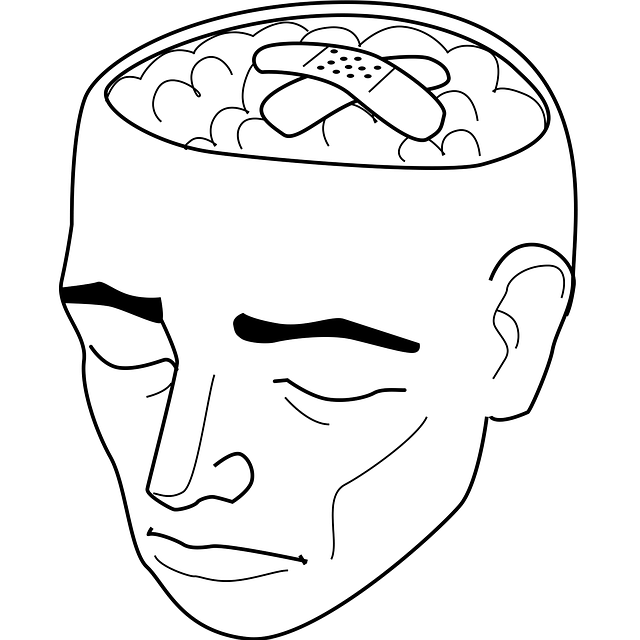Golden Obsessive Compulsive Disorder (OCD) Therapy focuses on enhancing social interactions and building confidence through various initiatives like Self-Care Routine Development, group therapies, and mental wellness journaling. By addressing individual challenges with tailored strategies, reducing stigma, and promoting emotional regulation, this holistic approach improves mental wellness and fosters meaningful connections for individuals affected by OCD and similar conditions.
Social skills training is a transformative tool in the realm of mental health support, especially for conditions like anxiety and Golden Obsessive Compulsive Disorder (OCD). This article explores the profound impact of enhancing social interactions on overall well-being. We’ll delve into ‘Understanding Social Skills and Their Impact on Mental Health’, uncover ‘Golden Rules’ specifically tailored for OCD therapy, and present practical strategies for effective training. By embracing these approaches, folks navigating OCD can foster meaningful connections and revolutionize their social landscapes.
- Understanding Social Skills and Their Impact on Mental Health
- Golden Rules for OCD Therapy: Enhancing Social Interactions
- Practical Strategies for Effective Social Skills Training
Understanding Social Skills and Their Impact on Mental Health

Social skills are essential components of our daily lives and significantly impact mental health. They encompass a range of behaviors that facilitate communication, interaction, and connection with others. For individuals managing mental health conditions like Obsessive Compulsive Disorder (OCD), understanding and enhancing these skills can be transformative. OCD, characterized by intrusive thoughts and repetitive behaviors, can isolate and burden an individual, making social interactions challenging. Thus, Golden OCD Therapy focuses on developing and refining social skills to combat the effects of isolation and promote mental wellness.
Incorporating Self-Care Routine Development for Better Mental Health is integral to this process. By cultivating positive thinking and encouraging open communication, individuals with OCD can build confidence in social settings. The Mental Wellness Podcast Series Production has also emerged as a powerful tool to create supportive communities, offering valuable insights and strategies for navigating social challenges. These initiatives collectively contribute to fostering mental wellness, ensuring that those affected by OCD and similar conditions can lead fulfilling lives with enhanced social interactions.
Golden Rules for OCD Therapy: Enhancing Social Interactions

In Golden Obsessive Compulsive Disorder (OCD) therapy, enhancing social interactions is a cornerstone of treatment aimed at reducing symptoms and improving quality of life. The focus on social skills training recognizes that OCD can isolate individuals, leading to a decline in interpersonal connections and emotional regulation. By participating in group therapies or learning practical techniques from mental wellness journaling exercises, patients with OCD can develop essential social skills while also benefiting from peer support and encouragement.
Mental illness stigma reduction efforts play a significant role in these therapies, fostering an environment where individuals feel safe to express their experiences without fear of judgment. This supportive atmosphere encourages active participation, enabling clients to apply newly acquired emotional regulation strategies during real-life social interactions. As they navigate conversations, manage triggers, and build meaningful connections, patients gain confidence, leading to improved mental wellness and a more fulfilling social life.
Practical Strategies for Effective Social Skills Training

Social Skills Training plays a pivotal role in managing mental health conditions like Obsessive Compulsive Disorder (OCD), offering practical tools for individuals to navigate social interactions with confidence. The key to effective training lies in tailoring strategies that address specific challenges faced by each individual, encompassing both behavioral and cognitive techniques.
For OCD, Golden rules include emphasizing Mind Over Matter principles. By challenging negative thoughts and replacing them with rational responses, individuals can learn to manage their anxiety during social encounters. Additionally, teaching Emotional Regulation skills enables folks to stay grounded in emotionally charged situations, while cultivating Emotional Intelligence fosters deeper connections by enhancing empathy and understanding. These strategies collectively empower individuals to participate actively in social settings, leading to improved well-being and a richer quality of life.
Social skills training plays a pivotal role in enhancing the quality of life for individuals with mental health conditions, particularly those struggling with Golden Obsessive Compulsive Disorder (OCD). By learning practical strategies and adhering to key principles like those outlined for OCD therapy, people can navigate social interactions with greater confidence. This article has provided valuable insights into understanding social skills, effective training methods, and the golden rules for improving social connections, ultimately fostering a more inclusive and supportive environment for mental health recovery.









